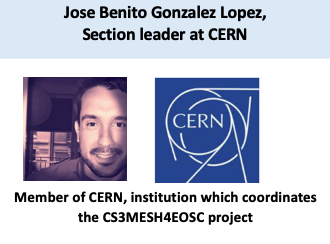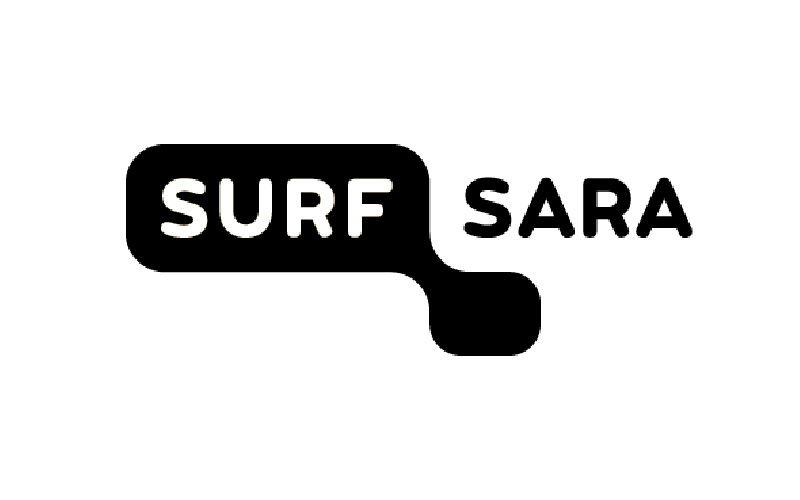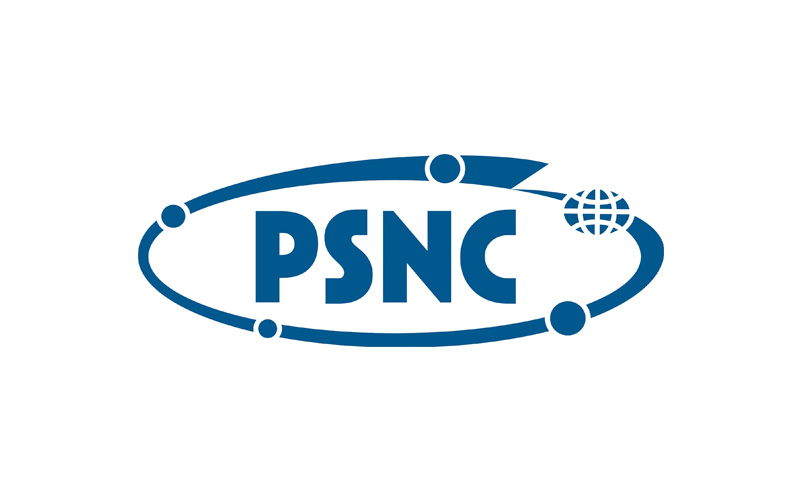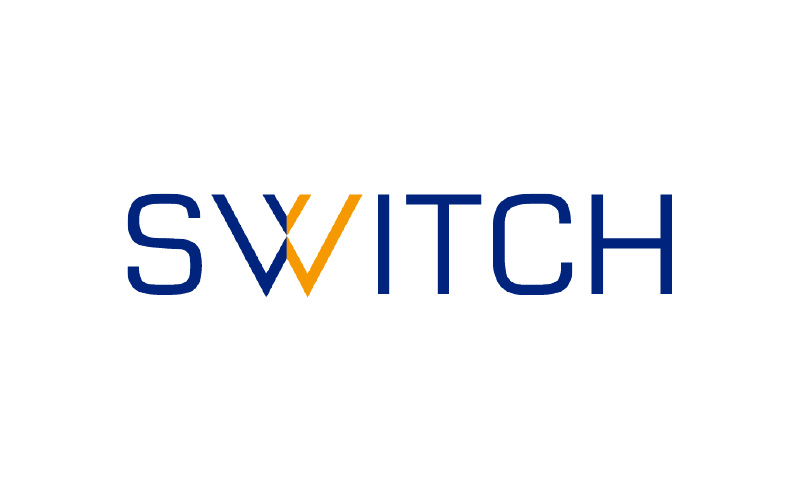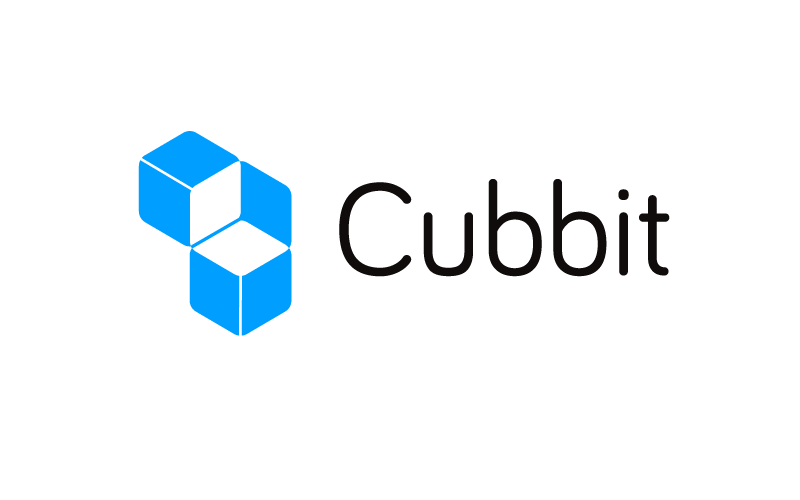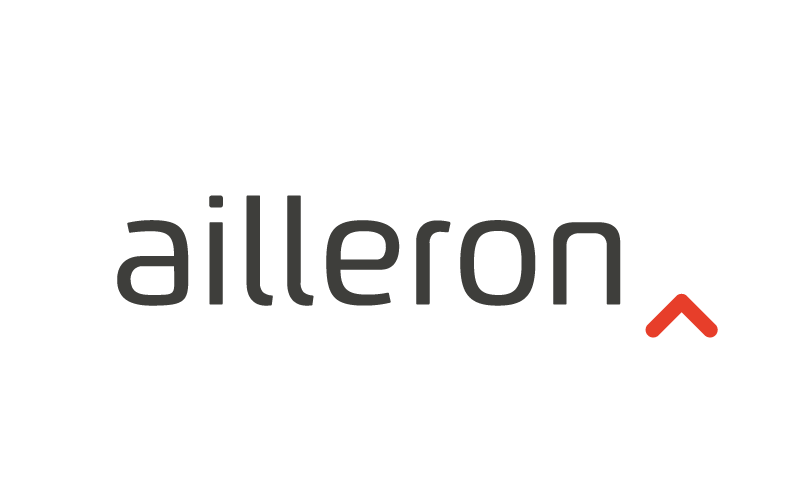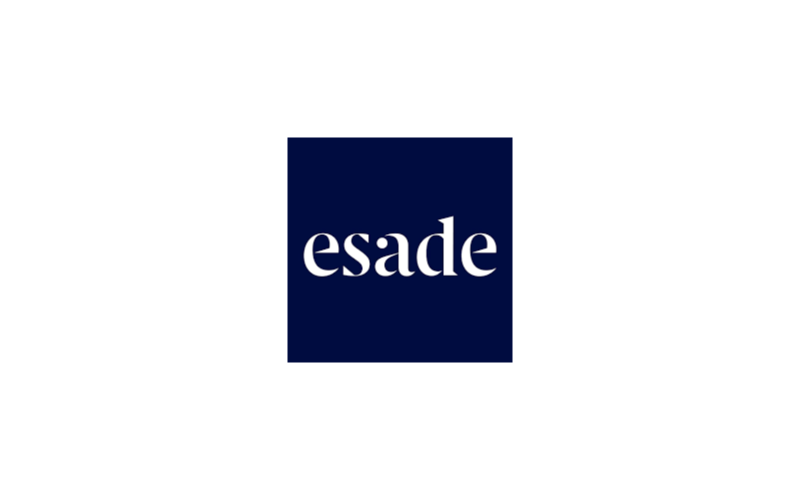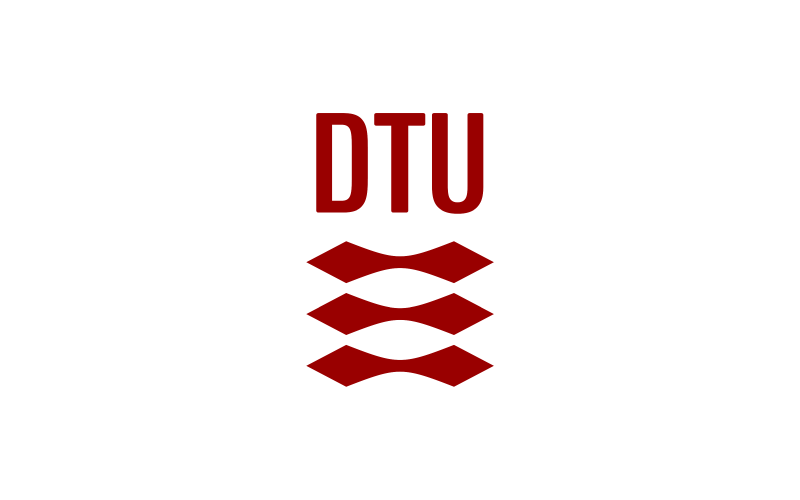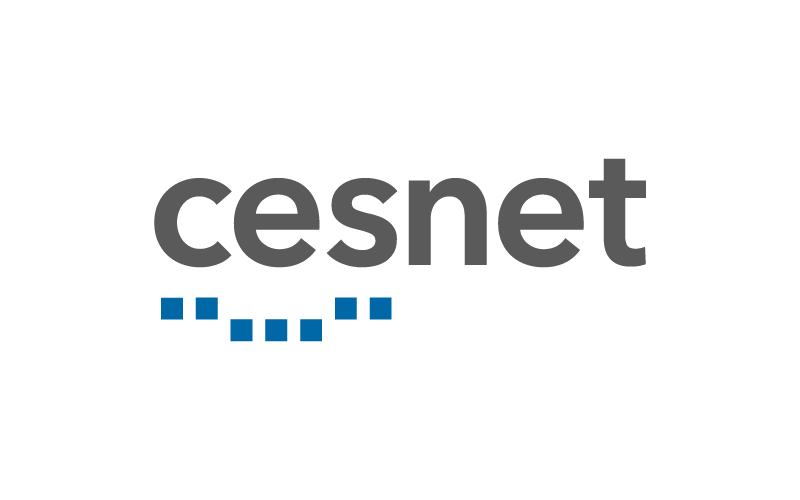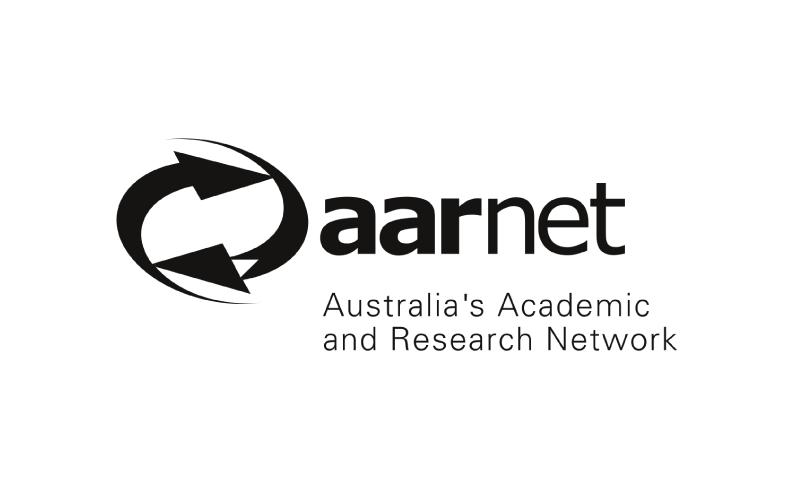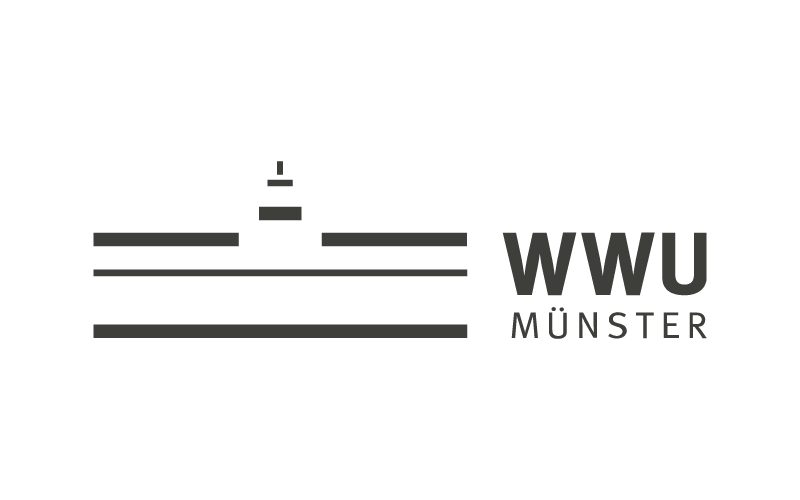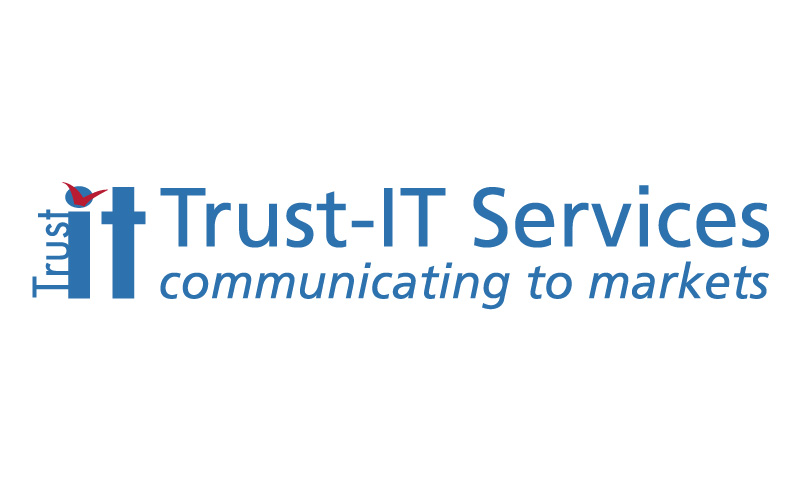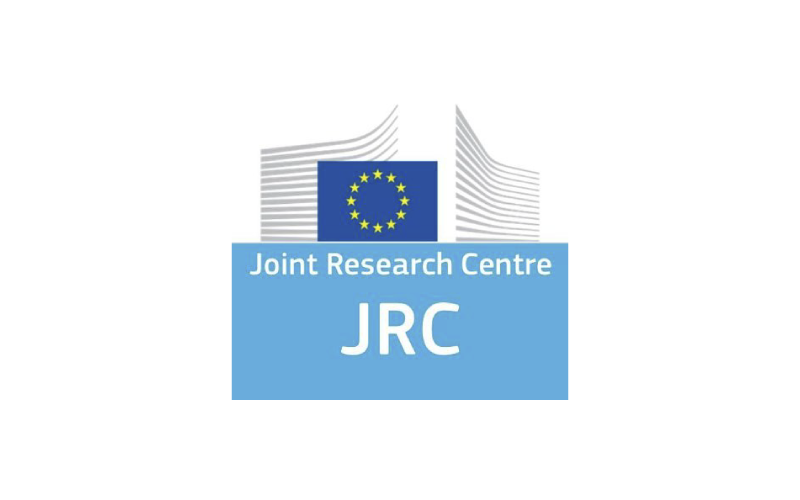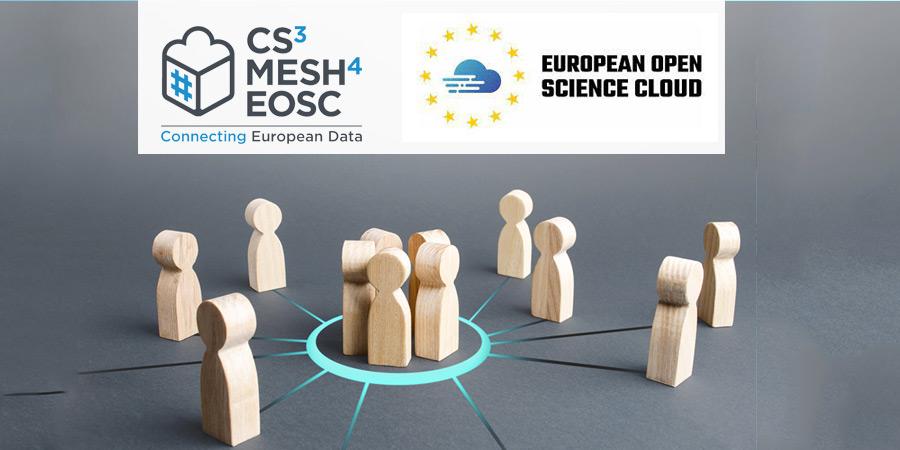
- 15 February 2022
CS3MEH4EOSC will support the next phase of shaping the EOSC, revolutionising how science is done in Europe as members from six CS3MESH4EOSC partners were selected to join several European Open Science Cloud (EOSC) Task Forces (TFs).
The EOSC TFs aim to address key areas of EOSC implementation, by offering feedback on EOSC developments and providing input on strategic gaps and areas for investment to input the EOSC Strategic Research and Innovation Agenda (SRIA). The SRIA is a key policy instrument in the EU, since it will affect the future work programmes of Horizon Europe, the ambitious EU research & innovation framework programme for 2021-2027 with a budget of €95.5 billion.
CS3MESH4EOSC Members Expertise sought by EOSC Association
The EOSC Association is the legal entity established to govern the EOSC, with over 200 members and observers, playing an important role in helping to coordinate and steer these investments via its Task Forces and other governance structures.
The EOSC TFs, created in September 2021, are grouped under five thematic EOSC Advisory Groups, which provide light coordination between them and a liaison with the EOSC Association Board of Directors. Each TF has a Charter that defines its objectives and activities till August 2023.
See below who from CS3MESH4EOSC organisation partners were selected to join the TFs and shape the EOSC development, from a fierce selection process which had over 540 applications!
Researcher Engagement and Adoption Task Force
The Researcher Engagement & Adoption TF focuses on engaging diverse research communities in order to increase their participation in EOSC. It will provide concrete plans to facilitate the onboarding of researchers in the EOSC ecosystem. More about the main goals of this TF here.

Technical Interoperability of Data and Services Task Force
The Technical Interoperability of Data and Services TF is the largest TF (over 60 members) and will take the EOSC Interoperability Framework recommendations around technical architecture as their starting point to help develop the EOSC Core and Exchange as described in the SRIA. More about this TF work plan here.
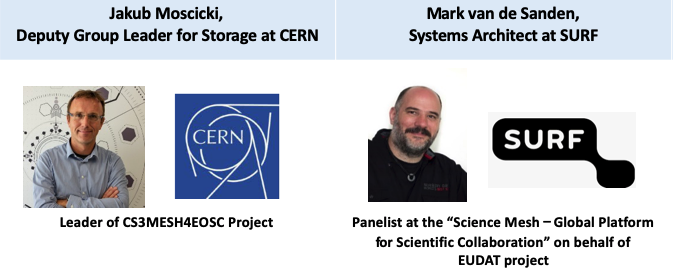
Long-term Data Preservation Task Force
The Long-Term Data Preservation TF will provide recommendations on the vision and sustainable implementation of long-term data preservation policies and practices, as well as suggestions for later strategy execution. It will address the roles and responsibilities of the different stakeholders, the financial aspects of long-term preservation and the necessary service infrastructure. More info about this TF here.

Financial Sustainability Task Force
This TF will produce a proposal for long term financial sustainability of the main building blocks of EOSC: EOSC-Core, EOSC-Exchange and the Federation of Data & Data Services as defined in the FAIR Lady report “Solutions for a Sustainable EOSC”. More info here.
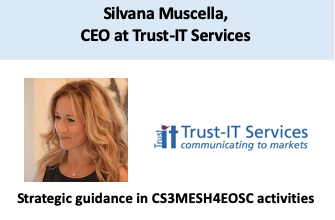
Rules of Participation Compliance Monitoring Task Force
This TF will deliver practical criteria from the principles expressed in the current high-level EOSC RoP. It aims to define the monitoring process of the different RoPs by setting up a dedicated framework. Learn more about the main goals of this TF here.
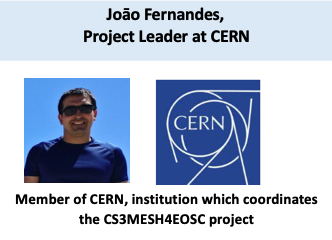
Authentication and Authorization Infrastructure Architecture (AAI) Task Force
The AAI Task Force aims to provide a consistent architecture for Authentication, Authorization and Access Control for the EOSC. This task will produce the next version of the EOSC AAI architecture while engaging with stakeholders to identify new use cases and requirements and analyse governance models for the EOSC AAI. More details about this TF charter here.
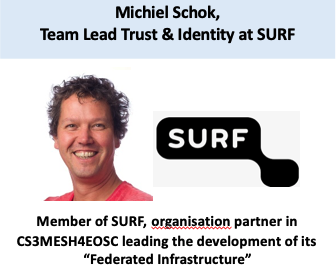
Infrastructures for Quality Research Software Task Force
The Infrastructures for Quality Research Software TF aims to foster the development and deployment of tools and services that allow researchers to properly archive, reference, describe with proper metadata, share and reuse research software, as well as to improve their quality, both from the technical and organizational point of view. It will identify standard-based best practices to write quality research software and identify both qualitative and quantitative methodologies to provide unbiased measurement of quality. More info here.
